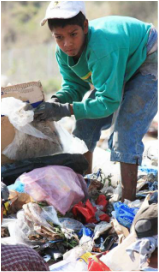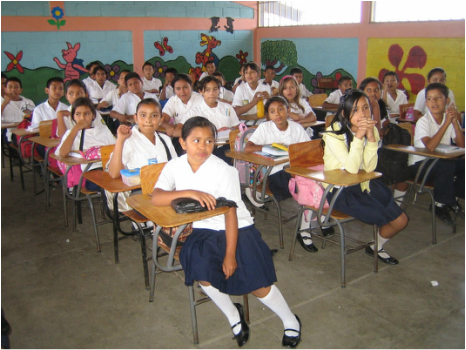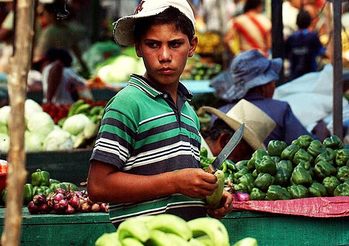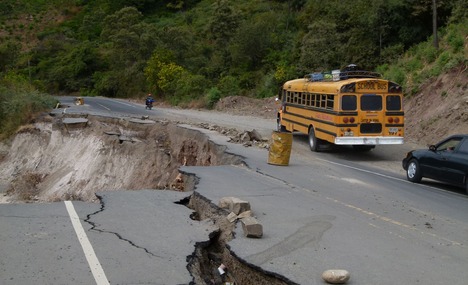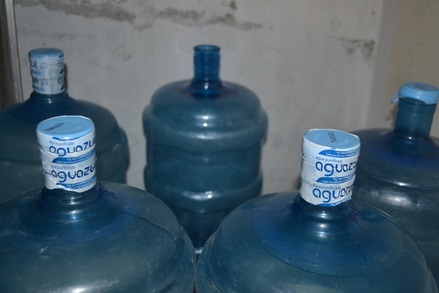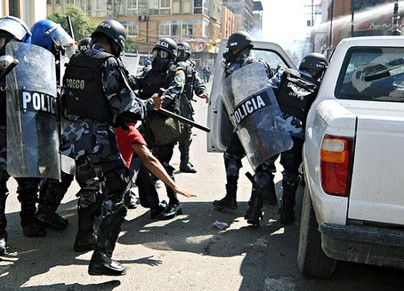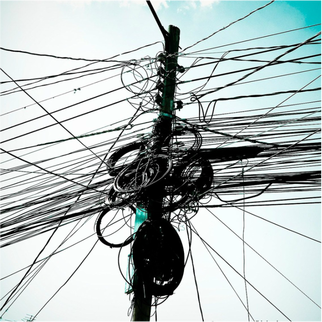|
Among the poorest countries in Latin America, more than half the Honduran population lives in poverty. Its per capita income ranks lowest in the region. We choose to work with the most valuable resource in Honduras, its young adult population (ages 15 to 29). That group soon will constitute a quarter of the country’s population. It comprises, by far, the largest segment of Hondurans attempting to emigrate to the US. Its attrition poses a significant “brain and enterprise” drain on the evolution and growth of a Honduran middle-class.
|
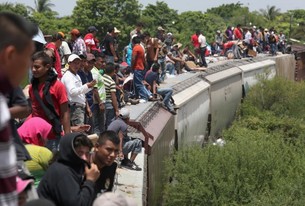
Failed Government
Most experts label its national government as failed. Its political leaders govern in a system fraught with corruption, chronic under-funding, and marginal tax revenues. Up to 25% of the annual Honduran GDP comes from individual remittances from the US. Fewer than 25 cents of any foreign aid dollar make it past corrupt officials.
Most experts label its national government as failed. Its political leaders govern in a system fraught with corruption, chronic under-funding, and marginal tax revenues. Up to 25% of the annual Honduran GDP comes from individual remittances from the US. Fewer than 25 cents of any foreign aid dollar make it past corrupt officials.
|
Ineffective Pubic Schools
National rules for its public schools ensure a steady supply of an under-educated, poorly paid, work force. Costs for required books, supplies, uniforms, and participation fees quickly exceed family income. Paid by the national government, just one out of three certified public school teachers actually work in classrooms. Corruption takes the payment for the other two “phantom” teachers. When the one teacher is absent from school, classes are cancelled. Public schools double-schedule classes. Students attend for half a day. Typical class size exceeds 30. |
|
High Occurrence of Child Labor
Particularly in non-urban areas, children often leave school by third grade to begin working. Hundreds of missionaries and scores of NGO’s provide ongoing care and protection for abandoned, abused, and neglected children. The Honduran government recently closed its only child protection agency. |
Limited Medical Services
Most Hondurans seek medical care in substandard public clinics and hospitals that typically require families to provide sterile gloves, gowns, bandages, and linens. Timely admission to hospitals often requires substantial bribes.
